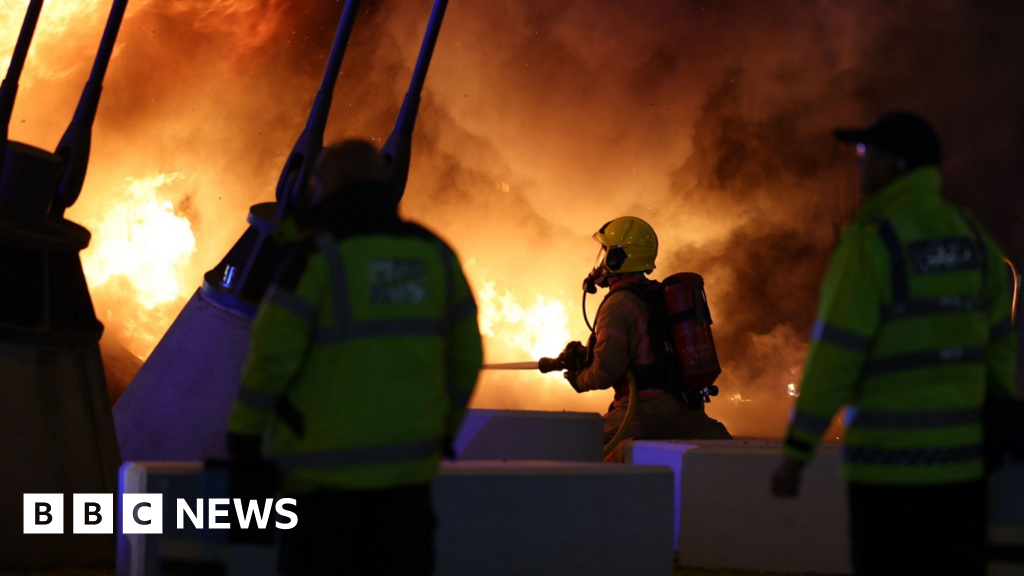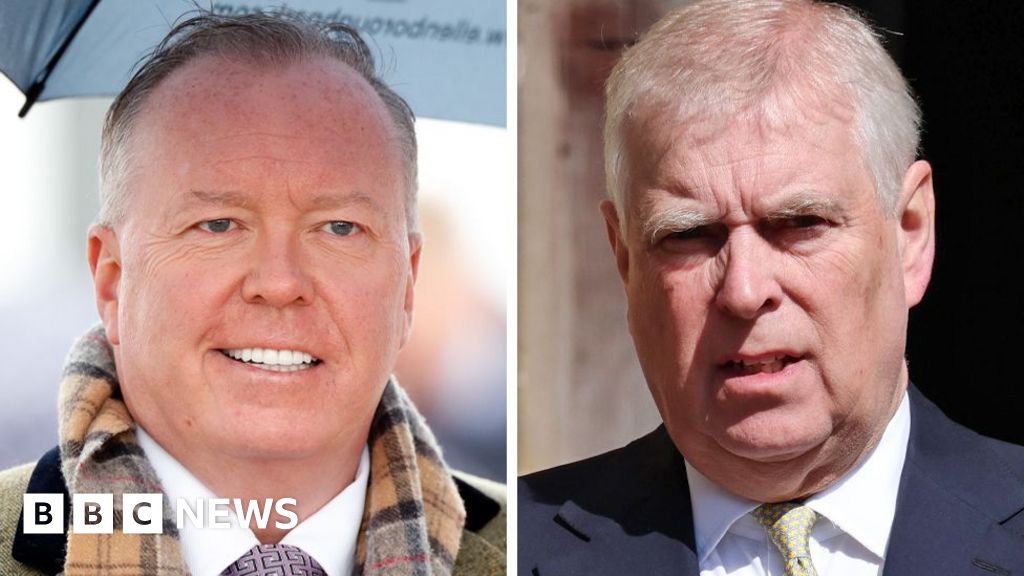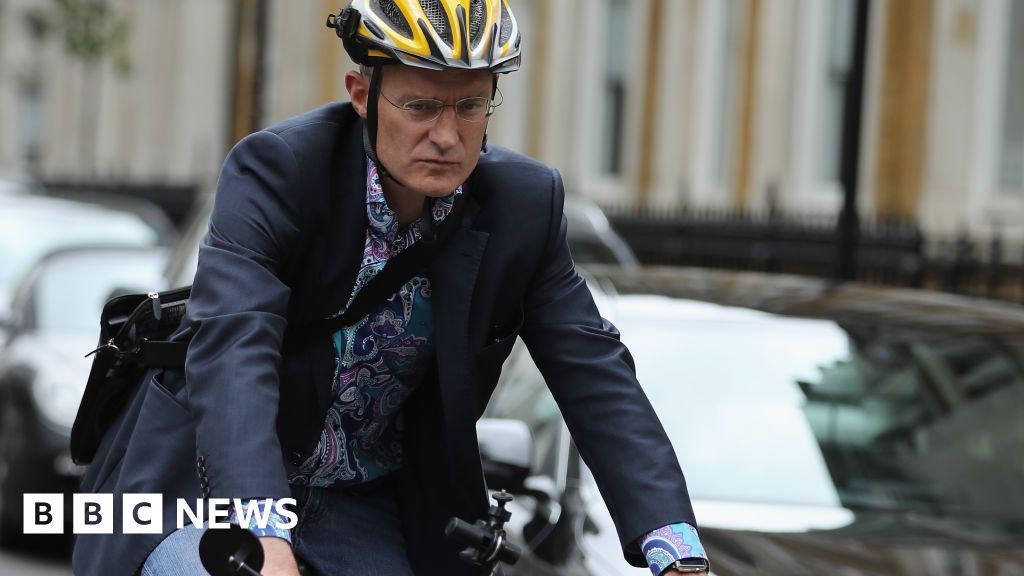A blaze in Manchester had firefighters working tirelessly to tackle the flames engulfing a building as a silhouette of a firefighter with a fire hose aimed at the fire was captured in a striking image. However, most fire services in England are facing financial challenges due to a shortfall in funding, mainly after the government’s failure to provide them with the same level of compensation for tax increases as they did for the police.
While the government allocated an extra £230m to cover the rise in employers’ National Insurance contributions (NICs) for police forces, only 50% of the increase on average is being covered for the 31 fire services directly funded by the government, leaving them facing significant financial gaps. This situation has led to concerns within the fire services, with one service highlighting that the 50% shortfall equated to the cost of a fully-staffed fire engine.
The Ministry of Housing, Communities and Local Government (MHCLG) declined to address the funding discrepancy but extended appreciation to firefighters for their dedication amidst the challenges. The government’s decision to increase NICs faced criticism from businesses and charities, with concerns raised about the impact on public sector employers. The National Fire Chiefs Council emphasized the need for sustained investment in firefighting services to ensure community safety.
Fire Brigades Union general secretary Steve Wright expressed concerns over the financial strain on fire services following a decade of budget cuts, urging the government to fully cover national insurance contributions to prevent further financial constraints. The complexities of fire service funding, coupled with disparities in grant allocations and structures across various authorities, have contributed to challenges in addressing the funding gap. Efforts to bridge the shortfall in funding and ensure adequate investment in fire and rescue services are deemed crucial for maintaining public safety
Read the full article from The BBC here: Read More













